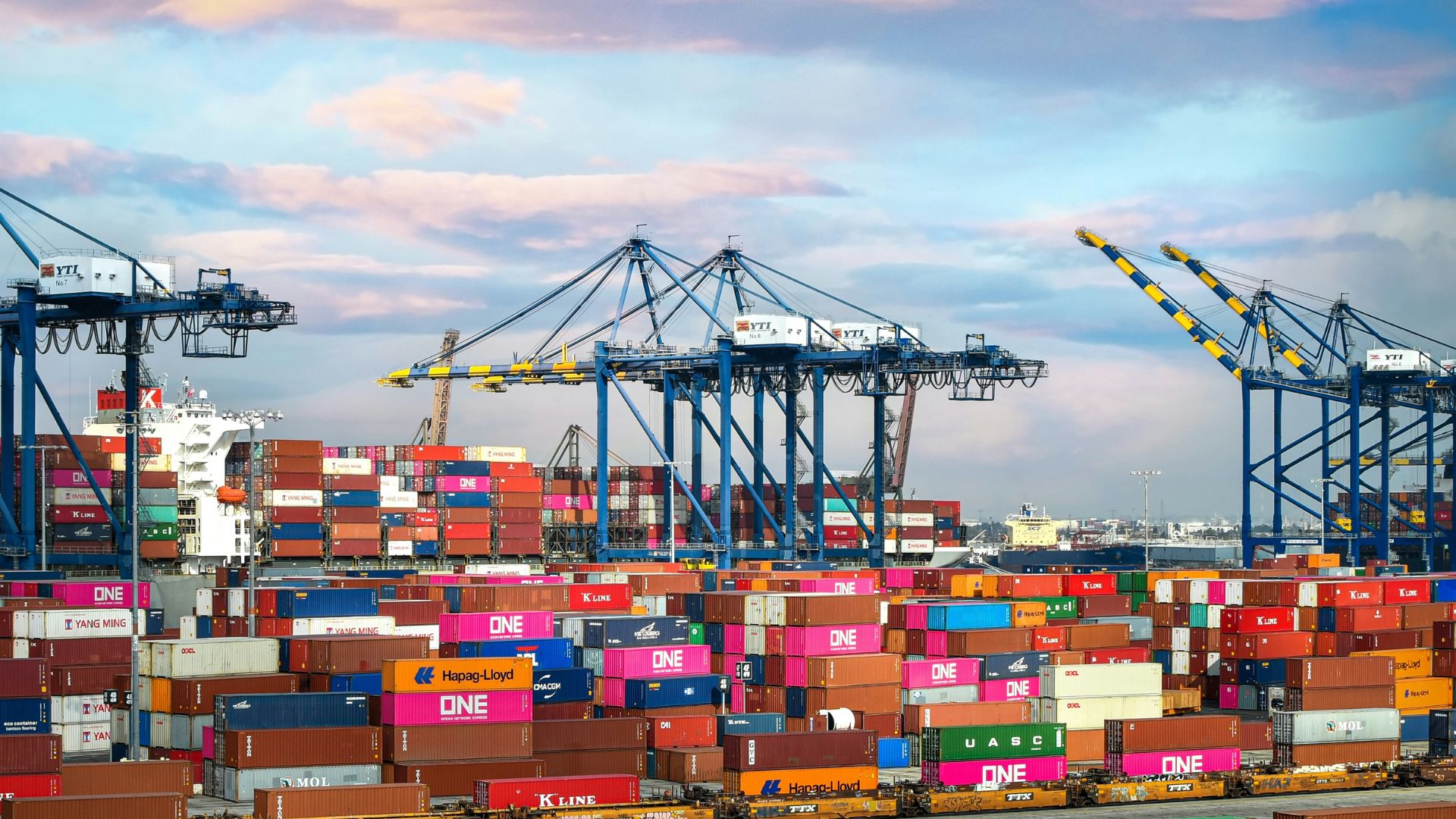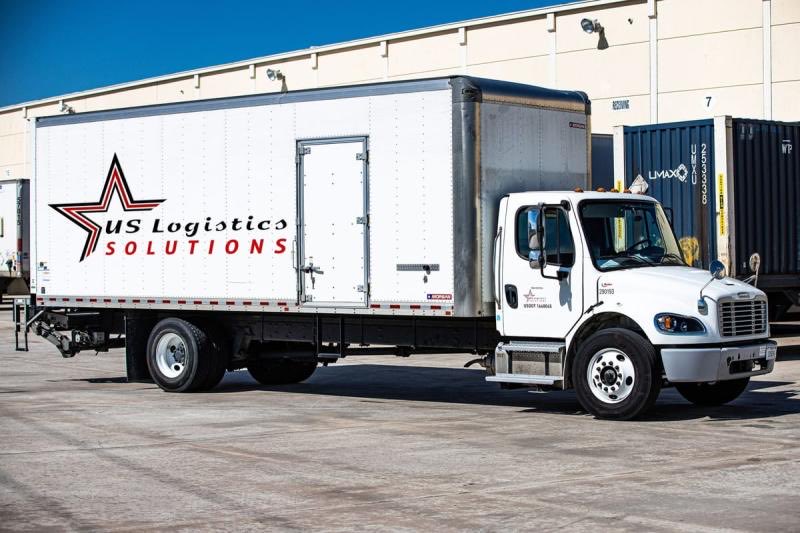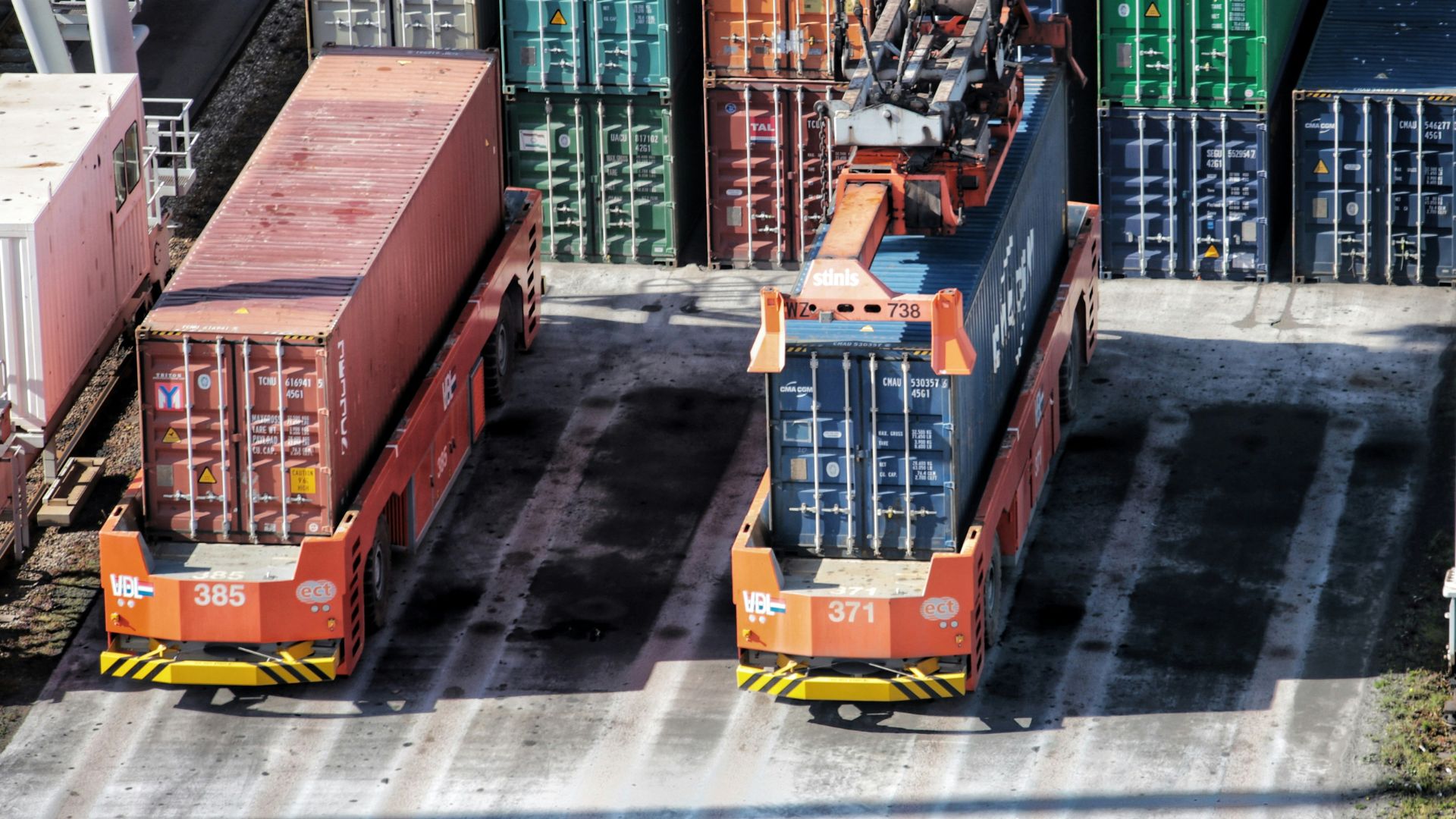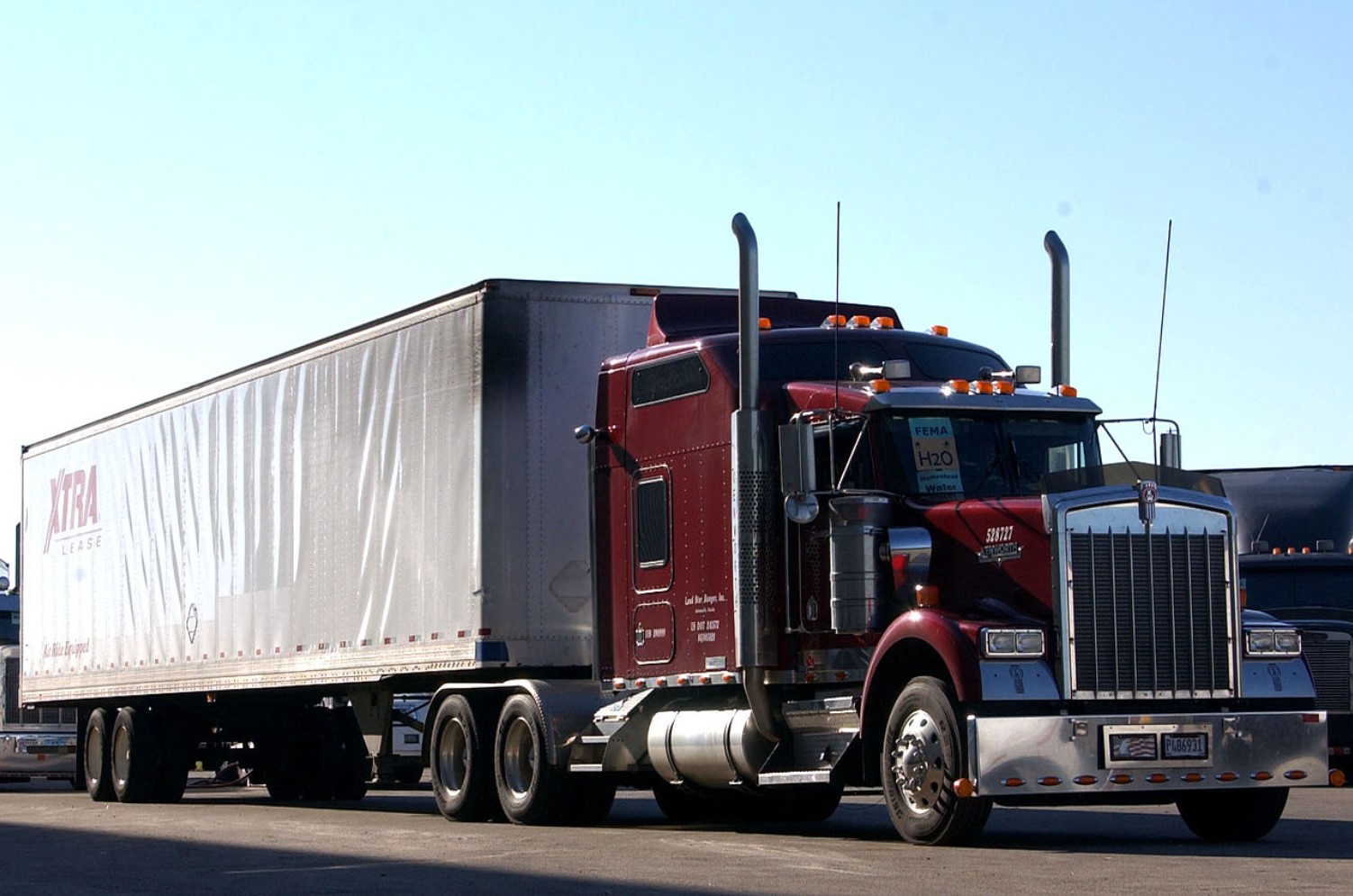Many industries felt the sharp wounds that the COVID-19 pandemic left on their ability to perform business normally. One group that felt it the worst was the trucking, shipping, and logistics industry, which has never recovered from the surge in fuel prices, the constant delays, and stay-in-place orders.
Several trucking companies around the nation have been forced to file Chapter 11 bankruptcy to reorganize or even file Chapter 7 to liquidate assets and recover partial losses.
Big Companies Were Able to Just Scratch By

Due to the massive issues faced in such a complicated industry, the biggest players like J.B. Hunt Transport Services, Knight-Swift Transport Services, and XPO have all dominated the smaller companies trying to survive.
The high degree of coordination needed to run a logistics company properly can easily fall apart when one link in the chain is broken. During the pandemic, many companies faced impossible issues at every turn and struggled to keep operations moving.
Common Issues Faced by Logistics Companies

Even four years after the beginning of the Covid pandemic, inflation rates continue to rise. These costs compound the high debt loads many companies must take on to continue paying all employees and keeping loyal customers happy.
In many cases, shipping and logistics companies that were unable to deliver shipments as promised faced lawsuits from customers waiting for their items. In this case, getting sued by another medium or large retailer for a breach of contract is more than enough to send a logistics company into Chapter 7 bankruptcy.
What Is the Difference Between Chapter 11 and Chapter 7 Filings?

The difference between Chapter 7 and Chapter 11 bankruptcy is slightly complicated and can change how much a company owes their debtors after filing.
Chapter 7 is considered a liquidation bankruptcy: the company does not have to create a repayment plan but needs to sell all its assets to pay creditors. Chapter 11 is a reorganization bankruptcy that allows a business to maintain operations while repaying creditors at a slower rate.
A Trucking Company Faces Big Losses

A large shipping company out of Texas has been forced to file for Chapter 7 liquidation with the U.S. Bankruptcy Court for the Western District of Texas. J.J. & Sons Logistics of Clint, Texas, filed on January 22, 2024.
The timing of the filing might be purposeful. In 2016, a former company truck driver died from growing, and the trial was meant to begin just four days later. The company may have timed the bankruptcy filing purposefully to dissuade any financial responsibility in the wrongful death suit.
Another One Bites the Dust

Another company, Boatang Logistics, shut down operations completely on February 22 and filed for Chapter 7 to liquidate its assets.
Another 92-year-old trucking company called Arnold Transportation Services laid off all of their employees and shut down normal work on April 30 of this year.
Huge Logistics Company Loses Its Battle

U.S. Logistics Solutions, a company privately owned by equity firm Ten Oaks Group, filed for Chapter 7 on June 21.
The large company that served the nation had to shut down its operations and lay off all employees. The company currently has plans to liquidate its assets and pay off existing debts before shutting down its LLC.
Thousands of Workers Affected by the Closure

Although reports were made that the company laid off more than 2,000 workers, Ten Oaks Group claims that the number is inaccurate and closer to 1,226 employees.
This number includes 864 direct employees, 305 contractors and temporary workers and 57 owner-operators.
The Company Owed Hundreds of Millions

In the filings with the U.S. Bankruptcy Court for the Southern District of Texas in Houston, the company listed between $100 million and $500 million in liabilities.
However, the company was only able to show $100 million in assets during the petition. This means the company could be shorting hundreds of millions of dollars to creditors.
Files Show the Company Did Not Fire Workers Correctly

In files obtained by the press, it was shown that the company did not file a 60-day notice to employees, which is required by the Worker Adjustments and Retraining Notification Act for companies that employ more than 100 people.
Because the company failed to file the proper paperwork, a former employee sent a class-action adversary proceeding complaint in the U.S. Bankruptcy Court against the debtor.
U.S. Logistics Solutions Could Be in Hot Water With Employees

Former employees could be due financial compensation due to the breach in contract.
However, the company says that it paid out all final paychecks on time and in full. But this might not be enough to keep the former employees off the list of owed debtors after the bankruptcy filings were performed rushed and incorrectly.
Bankruptcy Filings Don’t Dissolve All Issues

Although some might think that filing for bankruptcy makes a person’s debtors and creditors retrench, the opposite is true.
Bankruptcy is a legal process where a company notifies the courts that it cannot meet it’s standard bills. Instead of going further into debt or acquiring more interest on debts, they create repayment plans and are usually forced to sell off assets.








































